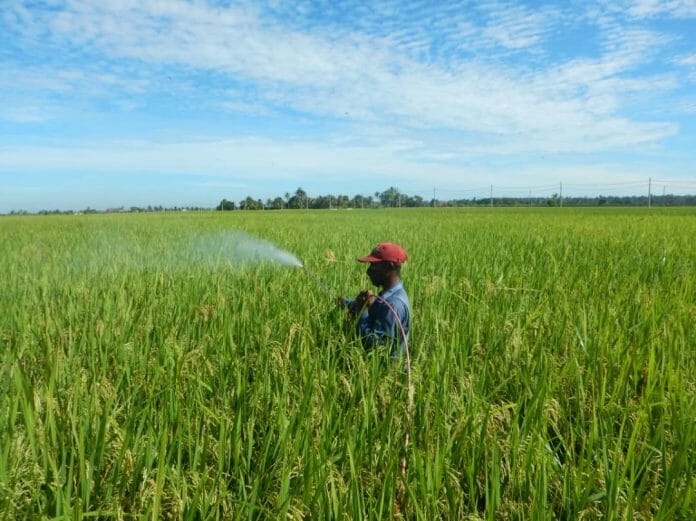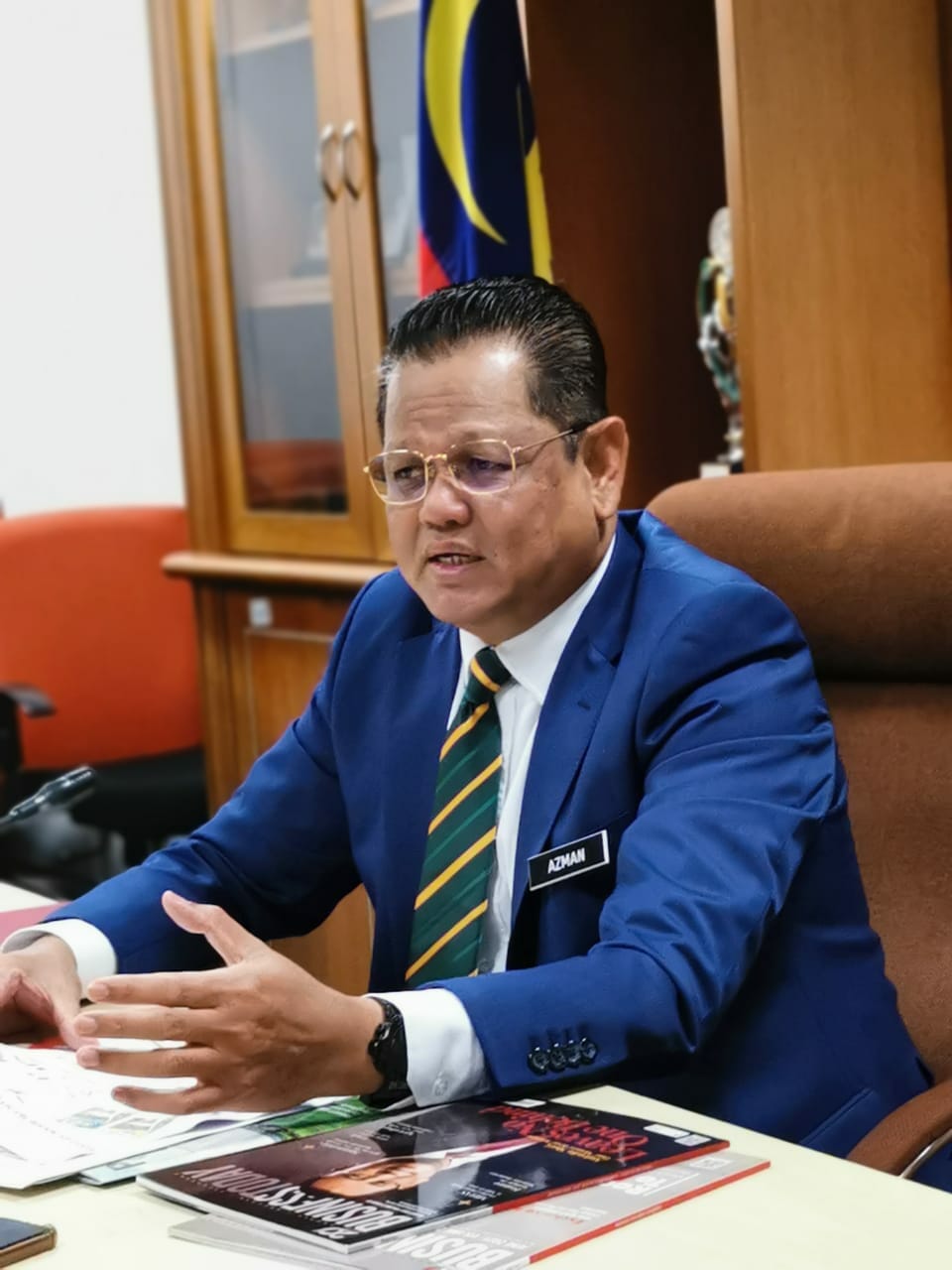Previously, they were only seen filling job opportunities in the construction, plantation, and manufacturing sectors.
But no one thought that foreigners, especially Bangladeshis and Rohingya, are now big bosses in the paddy and rice sector in seven Integrated Agricultural Development Areas (IADAs) across the country over the past few years.
Started by engaging in vegetable cultivation in Cameron Highlands, the ‘Bangla and Rohingya brothers’ began to ‘dominate’ the country’s rice granaries with some living a luxurious life as a result of agronomic activities.
Revealing the matter, the Director-General of Paddy and Rice Control of the Ministry of Agriculture and Food Industry (MAFI) Azman Mahmood said, so far, his department has detected more than 200 ‘imported farmers’ who cultivate paddy in the country.
“They are involved in agronomic practices including harvesting activities, nurseries, and mechanization.
“Some started by taking wages to sow seeds, cultivate and poison and they are not under the auspices of any company or agency other than being free to perform any services.
“It is an unhealthy scenario for local workers because in the next few years, it is not impossible that they will fully control our paddy fields,” he told Harian Metro.
Azman said they were believed to have entered the country to do other work before but due to several factors, they chose to be involved in the paddy and rice industry.
“We are worried that one day they will become full-fledged toucans in the industry while some do not have valid travel documents.
“Mafi is in an effort to increase farmers’ income with various latest initiatives such as the introduction of Smart Sawah Berskala Besar (SBB) and many more.
“On the other hand, we are also focusing on controlling the sale of legal rice seeds to ensure seed quality for optimal yields.
“But if this is not curbed, it is certain that local farmers will not get the benefits they deserve and over time they will slowly monopolize the paddy industry,” he said.
He said his party did not rule out the possibility of more foreign workers being active in the industry based on the current scenario.
Therefore, his party will discuss with several relevant parties to find the best solution to overcome this problem for a better future for the country’s paddy and rice industry.
“God willing, I am confident that with the introduction of Smart SBB, it can be a solution to many issues including rice seeds, downstream industry, rice supply and of course give maximum returns to farmers,” he said.










